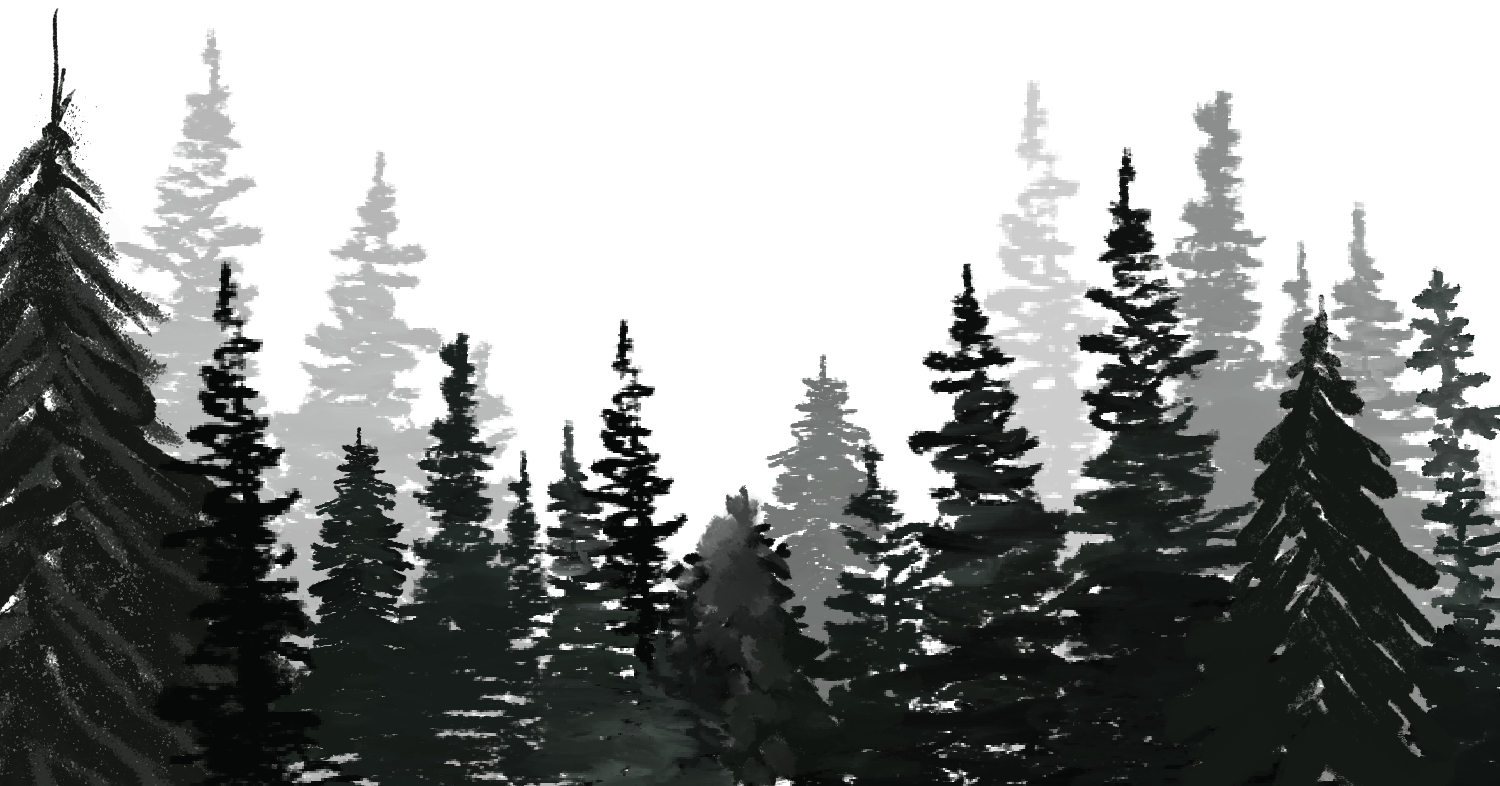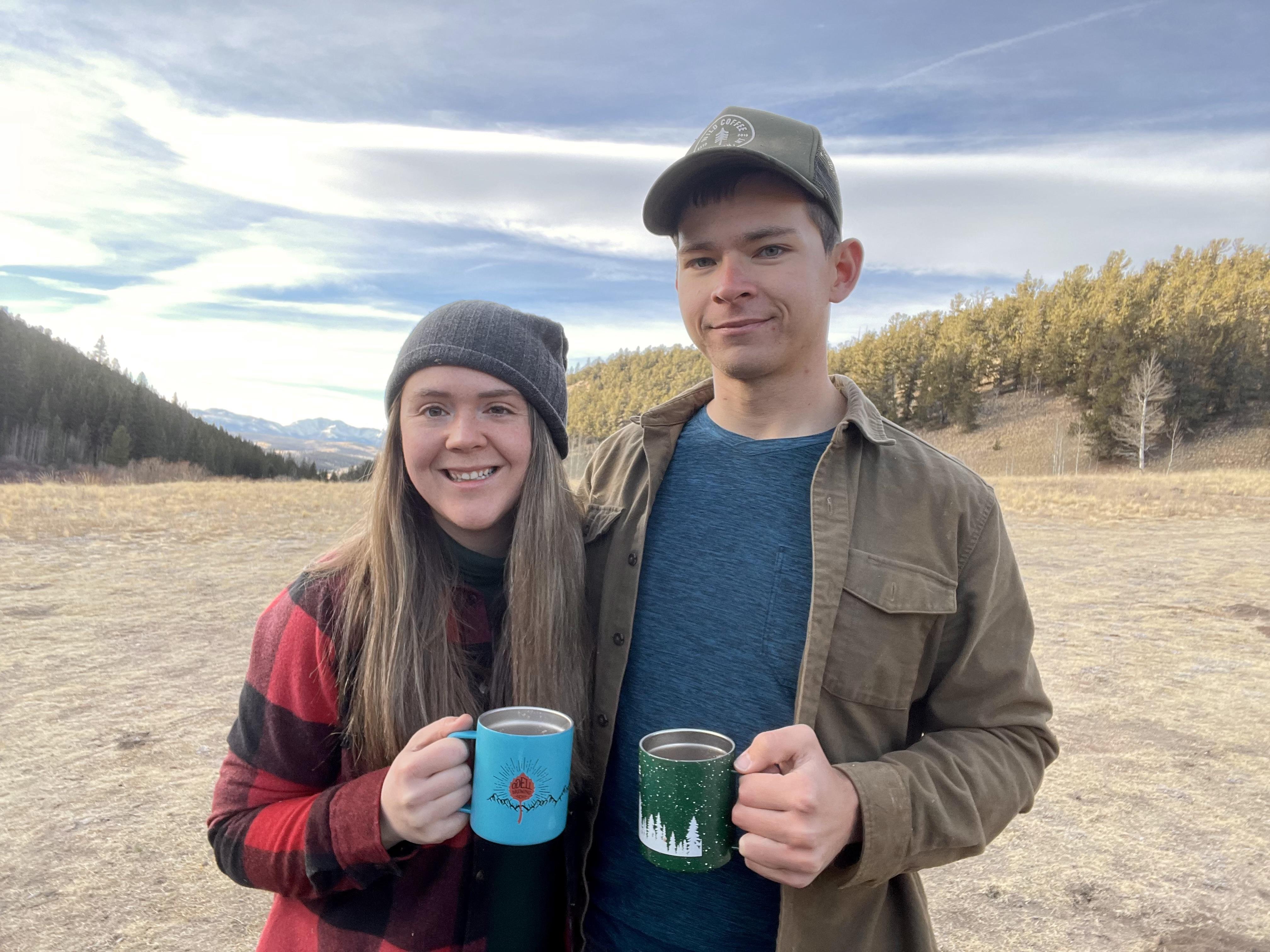Shae & Greg

FAQs & Parking

Question
PARKING
Answer
4WD: If you have a 4WD/AWD vehicle, we'll have some limited parking on the grass at the end of our driveway. SHUTTLE OPTION: For most other guests, we recommend coming to the house first to drop off guests in your vehicle. Riley will be at the end of the driveway directing traffic to the parking lot up around the block at the Sheppard Pratt School at Glyndon (ADDRESS: 18605-18609 Insulin Ln, Reisterstown, MD 21136). We will have a few family members to shuttle guests to the house from the parking lot (and back at the end of the night)! The drive between the parking lot and our house is 3 minutes and just about a mile in distance. We'll have people available to shuttle guests to-from the lot throughout the night. If you have any questions about parking, please don't hesitate to give Shae mom, Riley, or Shae a call or shoot them a text at 443-286-8341 (shae's mom) or 410-487-5651 (Riley) or 443-248-4818 (shae). Thank you!!
Question
What's the Address?
Answer
We are hosting our outdoor wedding celebration at Shae's family home: 12800 Sagamore Forest Lane, Reisterstown, Maryland, 21136.
Question
When should I RSVP by?
Answer
Please make sure to RSVP for our wedding celebration by July 8th.
Question
DRESS CODE
Answer
This is an outdoor event. The general vibe of the event is Garden Party style (semi-formal, so open to interpretation but still a little classy) and is taking place in the backyard of Shae's family's house. We highly recommend bringing shoes you're comfortable walking in outside on the grass and across terrain that is not perfectly level.
Question
WEATHER
Answer
Weather can vary in August in Maryland. Usually it's hot, sometimes it will rain. Average daily high temperatures are typically in the 80s, but Shae's house is generally several degrees cooler than the reported temperatures on any given day in the summer, due to the tree coverage in the back yard. There should be lots of shade available, as well as a tented area, and indoor air conditioning inside the house. Hopefully it won't rain, but if it does, we recommend wearing shoes you won't mind getting a little muddy.
Question
HOTEL ROOM BLOCKS
Answer
Our hotel blocks are now closed, but you are still welcome to book a room independently at the Hampton or Hilton hotels in Owings Mills, which are about 10 minutes from our house. There are also many more hotels available within a 10 minute radius, as well as airbnbs you can book about 15-20 minutes from the house. We are about 25 minutes from downtown Baltimore, if you choose to book something down by the harbor.
Question
OPEN BAR
Answer
We'll have an open bar throughout the event, but recommend that you consider bringing some cash if you'd like to tip the bartenders.
Question
Can I bring a plus one?
Answer
We tried to accommodate all expected plus ones on our RSVP list, but if you feel that we have missed someone important to you, please don't hesitate to reach out to Shae's Mom, Mary, and we'll see what we can do to get your significant other added to the list! Her number is 443-248-4818.
Question
Are Children Welcome?
Answer
Absolutely! Please just make sure that you include them in your RSVP, so we can make sure to include them in our count for catering during the event!
Question
What time should I arrive?
Answer
The event formally starts at 5PM, but since we'll already be married, our timeline is more casual and you shouldn't stress out if you arrive a little early or a little late! We expect the event to run until about 10PM.
Question
Food Allergies & Restrictions
Answer
If you have any food allergies or restrictions, please make sure to share that with us in your RSVP so that we can make absolutely sure to accommodate you in the dinner portion of our event.
Question
Are there additional events?
Answer
No, we are planning to pack all of our marriage celebrations into August 3rd, from 5PM to 10PM. So if you have somewhere to be on Friday night or Sunday morning, don't worry about missing out on anything from us!
Question
GIFTS
Answer
Your presence is truly enough of a gift! If you are feeling especially generous, we have created a Registry with a wishlist for our honeymoon to New Zealand, as well as a list of items that would be especially helpful in our upcoming (and imminent!!) move to Bozeman, Montana. That said, the greatest gift you can give is simply joining us in celebrating this major milestone in our lives! :)
Question
ADDITIONAL QUESTIONS
Answer
If you have a question that isn't answered on this list, please reach out to Shae's mother, Mary Rhinehart. Feel free to email (purplelobstercookie@gmail.com), text or call her (443-386-8341) with any questions, and she'd be happy to fill in the blanks!